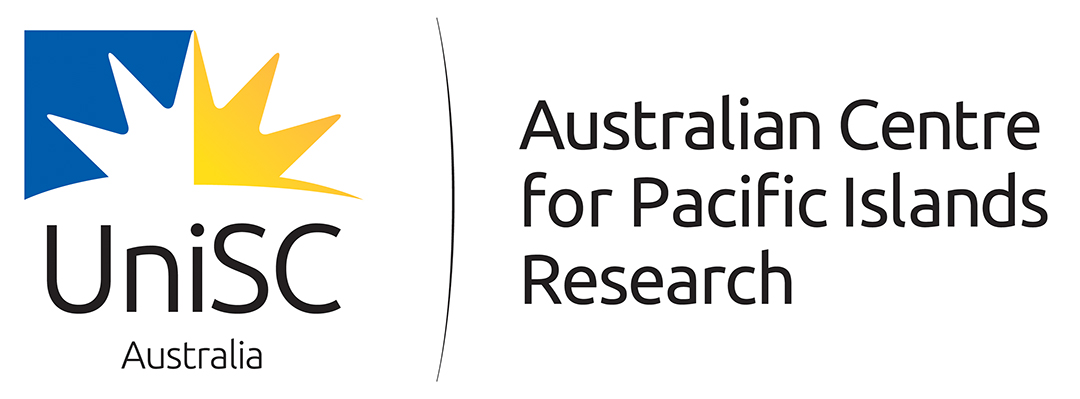Principal Scientist, Alliance of Bioversity International and CIAT, CGIAR
Dr Danny Hunter is a Principal Scientist with the CGIAR with over 25 years’ experience working in more than 30 countries on agri-food systems, agrobiodiversity and plant genetic resources to better understand the interactions between biodiversity, food, health and nutrition and environment. He is the Global Project Coordinator of the GEF-funded Biodiversity for Food and Nutrition (BFN) initiative, formally recognized as one of the key agri-food innovations of the CGIAR over the last 50 years. Danny is an Adjunct Associate Professor in the Menzies Centre for Health Policy, School of Public Health and an Associate of the Climate Ready Initiative, Griffith University, Australia. He is an Advisory Board Member of TIP – the Indigenous Partnership for Agrobiodiversity and Food Sovereignty. He was a lead author of the Connecting Global Priorities: Biodiversity and Human Health, a State of Knowledge Review report, and is a member of WHO/IUCN Expert Working Group on Biodiversity, Climate, One Health and Nature-based Solutions.
Before joining the Alliance of Bioversity International and CIAT, he has worked for the Secretariat of the Pacific Community (Land Resources Division-Fiji), and was a senior lecturer with the University of the South Pacific (School of Agriculture, Alafua, Samoa). He led two international projects: Development of Sustainable Agriculture in the Pacific (DSAP, EU-funded involving 16 PICs) Project and the Taro Genetic Resources: Conservation and Utilisation (TaroGen) Project (AusAID funded, involving 9 PICs), both implemented by the Secretariat of the Pacific Community.
He has taught at the University of the South Pacific (USP) and currently is an Adjunct Professor in the School of Public Health, University of Sydney. He also holds adjunct teaching posts at Charles Sturt University (CSU), Australia and the National University of Ireland, Galway (NUIG), Ireland where he contributes to courses in Plant Genetic Resources, Sustainable Agriculture and Food Security. He is Agrobiodiversity Research Theme Leader for the Plant and AgroBiosciences Centre (PABC) at NUIG and Series Editor (with Michael Halewood) of Issues in Agricultural Biodiversity, a series of books published by Earthscan from Routledge in association with Bioversity International.
Available as an External Supervisor.
Topics of interest:
Sustainable Agriculture
Biodiversity for Food and Nutrition
Sustainable Health Diets
Healthy Landscapes
Agroecology
Agrobiodiversity conservation and use
Neglected and underutilised crops
Integrated school food approaches
Indigenous peoples’ food systems
Interactions between environment, food, health, nutrition and climate change.
Worked and lived in the Pacific region for 12 years, and has experience working in most countries in the region, covering Melanesia, Polynesia and Micronesia.

